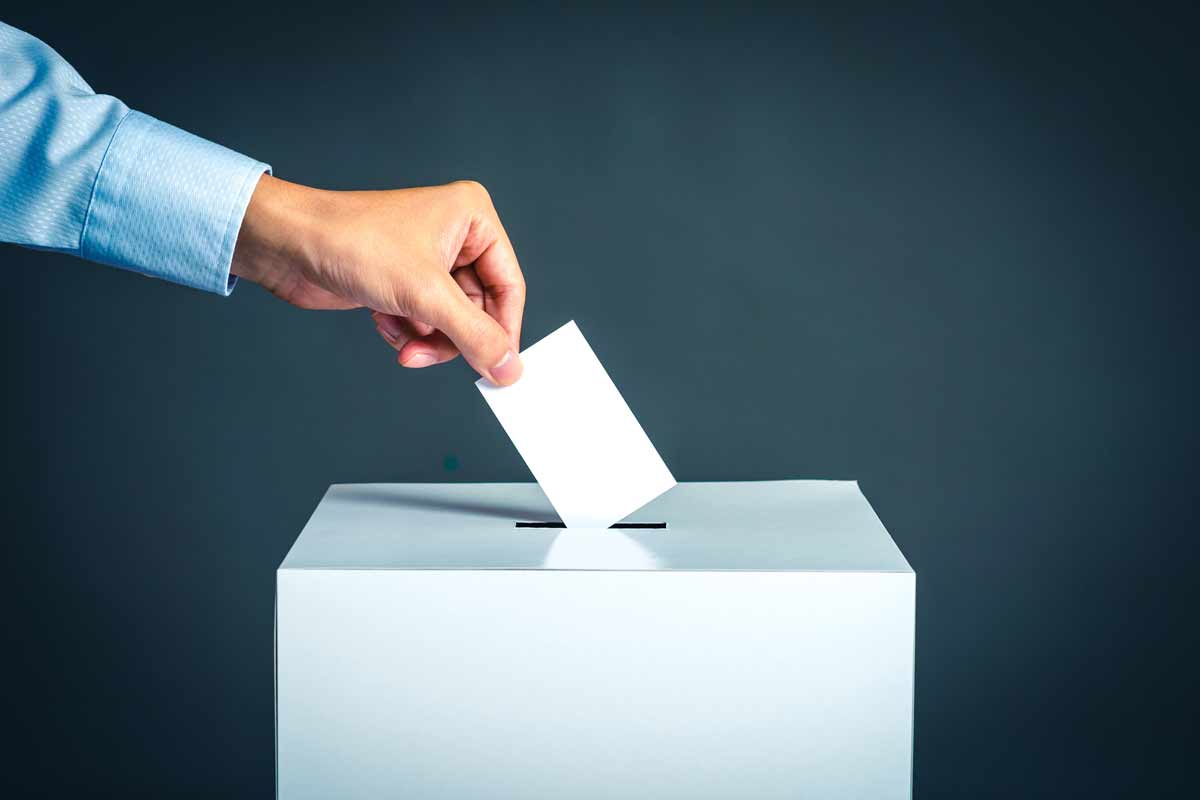Nonprofits CAN legally engage in lobbying activity to influence legislation. However, the extent to which nonprofits can lobby without endangering their exempt status has caused many to shy away from lobbying activity altogether.
The Internal Revenue Code states that no substantial part of the activities of a nonprofit can be to influence legislation. Therefore, a nonprofit can engage in a non-substantial amount of lobbying. Neither congress nor the IRS have defined what constitutes a non-substantial amount. The 501(h) election, however, gives nonprofits relatively clear and easy to follow guidelines.
The 501(h) election allows 501(c)(3) nonprofit organizations other than churches and private foundations to elect the expenditure test for measuring their lobbying activity. The expenditure test defines allowable lobbying expenses calculated from the nonprofit’s exempt purpose expenditures and serves to take away all the guess work. The table below, taken from the IRS website, summarizes allowable lobbying expenses by organization size. If a nonprofit exceeds its lobbying expenditure limit for four years, it may lose its exempt status. Excesses in any particular year are taxed at 25%.
Nonprofits can make the 501(h) election by completing IRS form 5768, which can be found here: https://www.irs.gov/pub/irs-pdf/f5768.pdf
If the amount of exempt purpose expenditures is: | Lobbying nontaxable amount is: |
|---|---|
≤ $500,000 | 20% of the exempt purpose expenditures |
>$500,00 but ≤ $1,000,000 | $100,000 plus 15% of the excess of exempt purpose expenditures over $500,000 |
> $1,000,000 but ≤ $1,500,000 | $175,000 plus 10% of the excess of exempt purpose expenditures over $1,000,000 |
>$1,500,000 but ≤ $17,000,000 | $225,000 plus 5% of the exempt purpose expenditures over $1,500,000 |
>$17,000,000 | $1,000,000 |
For more information, please contact Kyle Ager, CPA, Manager at 608-442-1938 or kyle.ager@wegnercpas.com.





